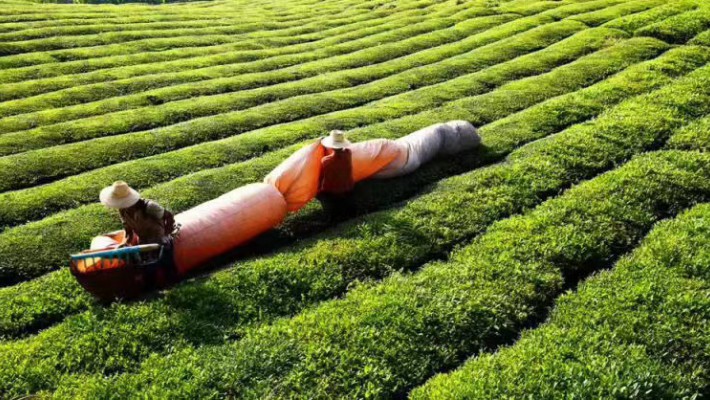Tea Culture
Origins and Evolvements of Tea Culture
Organic Tea and Traditional Farming Culture
Organic tea, as a tea choice that emphasizes environmental protection and health, is not only known for its unique quality and taste but also closely related to traditional farming culture. The cultivation history of tea can be traced back thousands of years in China, where ancient farmers cultivated tea trees using natural planting and farming methods. This article will explore the connection between organic tea and traditional farming culture, as well as how organic tea inherits and develops traditional farming knowledge.
Organic tea is deeply connected to traditional farming culture. Ancient farmers cultivated tea trees by respecting the land and the natural environment, allowing tea gardens to coexist harmoniously with nature. They followed a series of farming traditions, emphasizing soil fertility and biodiversity. This traditional farming method allowed tea leaves to grow naturally and absorb nutrients from the earth. The rise of organic tea is rooted in the focus on environmental protection and ecological balance, inheriting the wisdom and values of ancient farmers.
The cultivation process of organic tea inherits and develops traditional farming knowledge. Organic tea farmers adopt certified organic cultivation techniques, adhering to a series of farming principles and standards. They focus on soil protection, water resource management, ecological balance, and the use of natural crop protection methods. The cultivation process of organic tea emphasizes symbiosis with nature, respecting the balance of ecosystems and the health of farmers. By inheriting and developing traditional farming knowledge, organic tea maintains the high quality and purity of tea leaves.
The production process of organic tea embodies the essence of traditional farming culture. After harvesting, tea leaves undergo meticulous processing and treatment to preserve their natural aroma and nutritional components. The production of organic tea emphasizes attention to detail and exquisite craftsmanship, requiring farmers to possess sensitivity and professional knowledge of tea leaves. This carefully crafted process carries the ancient farming knowledge and techniques, combining these precious traditions with modern organic agriculture.
Organic tea is not only a continuation of traditional farming culture but also a protection and inheritance of traditional farming knowledge. By choosing organic tea, consumers can support the development of traditional farming culture and provide better income and living conditions for farmers. The rise of organic tea has brought new opportunities to traditional farmers, allowing them to continue engaging in the work related to their passion for tea cultivation. The preservation and development of this traditional farming culture contribute to the sustainability and ecological balance of rural areas.
In conclusion, organic tea is closely connected to traditional farming culture. The cultivation and production processes of organic tea inherit and develop traditional farming knowledge, emphasizing soil fertility and biodiversity. Organic tea is not only a continuation of traditional farming culture but also a protection and inheritance of traditional farming knowledge. By choosing organic tea, individuals can not only enjoy high-quality tea leaves but also support the development of traditional farming culture and the livelihood of farmers. Let us cherish the connection between organic tea and traditional farming culture and work together to promote the inheritance of traditional farming knowledge and the sustainable development of rural areas.

